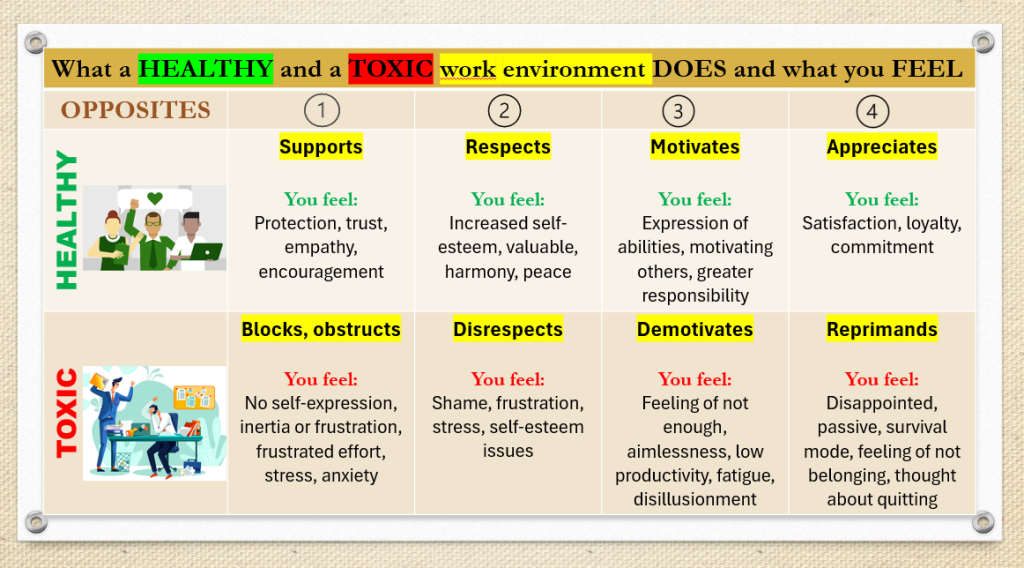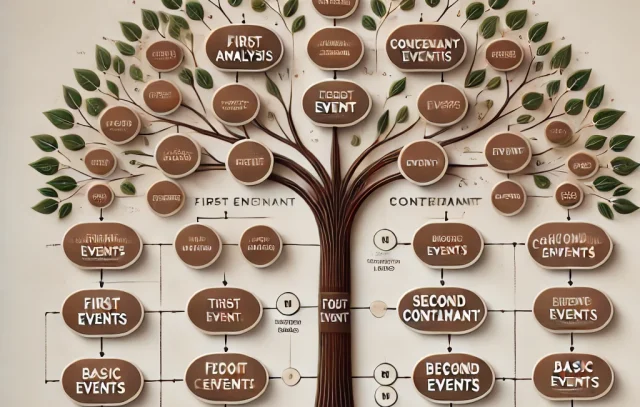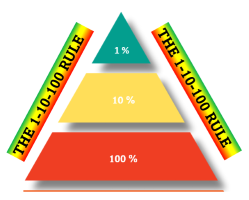How a healthy and toxic work environment affects us
In this article, I have gathered the action patterns that healthy and toxic work environments create for us. Based on this, I will discuss the effects these patterns have on us.
I use the term “patterns” because I want to highlight the habits formed, as a single negative experience occurring once in a while doesn’t make a work environment toxic. However, the opposite is also true: a few positive experiences don’t automatically make a work environment healthy. The balance between positive and negative experiences determines whether a work environment evolves into a toxic one. This is why I refer to patterns and habits, as they shape the health or toxicity of a work environment.
I am not aiming to explore the difference between a healthy and toxic work environment from a leadership theory perspective, but rather to generally demonstrate what happens in each type of work environment. I feel that these differences can be well illustrated using these four pairs of opposites.
Let’s take a look at what a healthy and a toxic work environment does:
A healthy work environment supports, respects, motivates, and appreciates. A toxic work environment blocks, obstructs, disrespects, demotivates, and reprimands.
The following presentation includes these patterns, as well as their possible effects on us.

Let’s look in details at what happens in a healthy work environment. You feel trust and become more empathetic, encouraging you to support others. Your self-esteem increases, and you will also show respect towards others, perceiving harmony and peace. It motivates you to show more of your abilities, and you will also motivate others to do the same, encouraging greater responsibility. It makes you satisfied, loyal, and committed to the company, and you represent this attitude outwardly, spreading a good reputation for your company.
Now, let’s look at what a toxic work environment does to us: You close yourself off, withdraw from self-expression because you feel helpless, find it difficult to show your knowledge, and also struggle to recognize others’ abilities. It may trigger frustration in you, causing feelings of shame and making you stressed, and you may have self-esteem issues. You feel inadequate, and you are critical of others, a sense of aimlessness may be typical for you, with low productivity, a lack of motivation for growth, fatigue, and disillusionment. You become passive and withdrawn, you will feel sad and disappointed, and survival becomes important. You may become alienated from your workplace, feeling like you don’t belong, which may lead you to think about changing jobs.
Should we tolerate a toxic work environment, and what can we do to feel better in it?
A toxic work environment can truly be extremely draining and have a negative impact on our mental and physical health. Whether we tolerate it or not is a very personal decision and depends on many factors. For example, whether we can change the negative experiences and turn them around. Here are some points worth considering:
- Mental and emotional health: If you feel that the toxic environment is already affecting your well-being significantly, causing daily stress, anxiety, or depression, it’s important to consider options for change.
- Opportunities for change: If it’s possible to change or improve the workplace atmosphere, and there is a leader or colleague with whom you can work together to ease the problem, it might be worth trying.
- Work and financial situation: It may be necessary to stay in a toxic environment for financial reasons, but it’s also worth considering in the long term whether staying could harm your mental health more than seeking another job.
- Seeking support: If you feel you can’t handle a toxic work environment on your own, consider speaking with a mental health professional who can help you manage the situation and make decisions.
- Find meaning in your work: If the work environment is difficult, try to focus on your personal goals and why you are doing the job. If you can connect your work to your personal goals, it can help you maintain motivation and enthusiasm.
- Look for escape opportunities: If the work environment affects your mental state, try focusing on other things outside of work. For example, hobbies, sports, self-development, or fun activities.
- Search for new job opportunities: If you’ve tried to make changes but haven’t succeeded, or if the situation hasn’t improved, it may be worth looking for another job where you feel better and where the environment does not negatively affect you.
The most important thing is to listen to your feelings and reflect on how a toxic workplace affects you in the long run. It’s not worth tolerating it continuously if it comes at the cost of your well-being.





